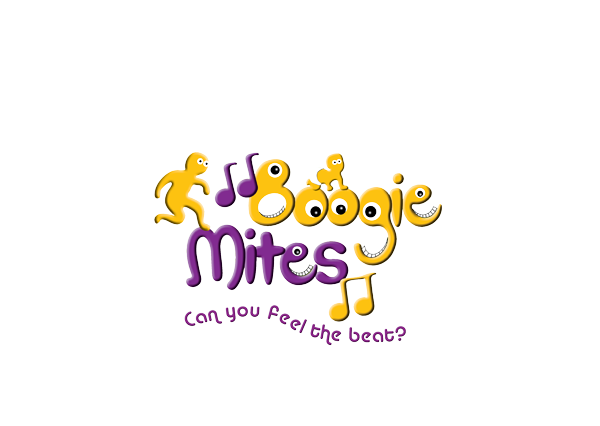At the end of September 2019, an exciting announcement was made by the National Institutes of Health (NIH): A massive $20 Million is being spent over the course of five years in order to understand the healing power of music.
“We can’t prove it” says an article on Forbes.com, “but it’s something most of us have always known. Music just makes you feel better.” The NIH “is hoping to find out why and whether music can feed and perhaps heal our brains as well.”
“We hope that these in-depth studies of the science behind music’s influence and impact on the brain will bring real understanding of something we know anecdotally — that music is good for you,” said Kennedy Center President, Deborah F. Rutter
MUSIC AS A MEDICINE FOR MENTAL HEALTH
The potential of this project has been deemed “enormous […] with benefits that range from early childhood development to end of life care, [with] a host of therapeutic interventions to treat the symptoms of stroke, dementia and Alzheimer’s disease, autism, PTSD and pain, to name a few.”
The intentions for this study reflect ambitions that musicians (specifically music therapists) have had in early years and the elderly care sectors in recent months. A surge of attention on music’s healing capabilities has taken place, and it’s been great to see different organisations get on board.
BBC Music Day saw many musical anecdotes exchanged; all of pleasant experiences shared with music and many of heart-warming experiences about elderly people with dementia.
Arts in Care Homes also led a National day of Arts in Care on 24th September. Many of the activities that took place were Intergenerational and music based. You can take a look at some of the Arts in Care events on their website – get inspired for your future planning.
MUSIC AS A MEDICINE FOR PHYSICAL HEALTH
We have long suspected the wonderous benefits of music on health. “Numerous studies have confirmed its effects” but Sound Health is taking a huge step forward. They aim to advance scientists’ understanding of…
- music’s “mechanism of action” in the brain – how it may be applied more broadly to treat symptoms of disorders such as Parkinson’s disease, stroke, chronic pain and other disorders.
- the effect of music on the developing brain of children
Read further details on Forbes.com.
The study is working from research done in 2017, in which “the NIH brought together neuroscientists, music therapists and supporters of both biomedical research and the arts, to discuss the interaction of music and the brain and how music is already being used as therapy.”
THE WORKSHOP WAS SPLIT INTO 3 SESSIONS (covering a lifespan):
- “Building:” Music and the Child’s Brain
- “Engaging:” Music and the Adult Brain
- “Sustaining:” Music and the Aging Brain
In following different generations and their responses to music, we will discover more about how these magical experiences affect our neurology (and bodies). It will be especially valuable when considering the developmental aspects of the EYFS. Data analysis will allow us to “learn how brains are shaped by music and how musical training affects attention, executive function, social/emotional functioning and language skills.”
It would be incredible evidence of music’s effect on physicality. And after the publication of this study, we’re sure that music will be placed, with greater certainty, in the centre of early years planning.
Keep an eye on the Boogie Mites Blog and social media channels (on the right of this page) for updates on this study. If you are interested in similar stories about the evidence for music as a learning resource, please visit The Evidence, a category on our website blog.
For enquiries, contact Sue Newman, Boogie Mites Director on 023 92 817274 or email her: [email protected]






